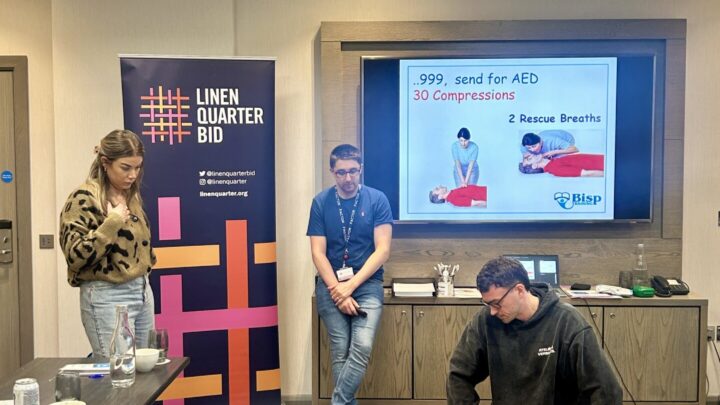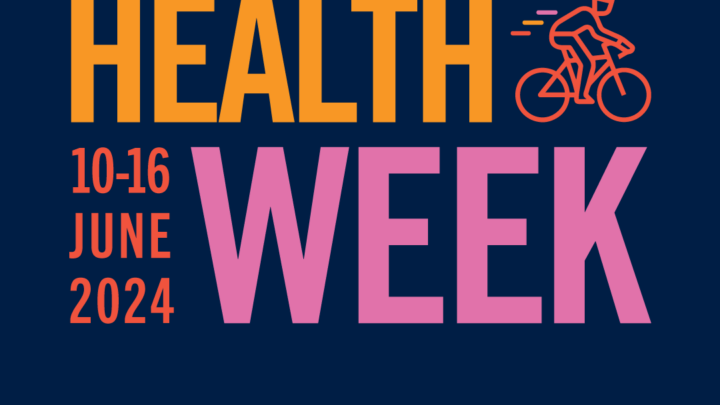News / 28th October 2020
Air Pollution
Poor air quality is a serious risk that, unfortunately, affects us all. The most present component in poor air is nitrogen dioxide (NO2), a toxic gas that is known to cause respiratory and other diseases. A growing body of evidence links this gas to health conditions such as wheezing and breathing difficulties during exercise or outdoor activities and more serious illnesses such as asthma, pneumonia or bronchitis.
Now that the coronavirus pandemic is temporarily shutting down economies and forcing more and more people to self isolate or work from home, the quality of our air is generally improving, see here (https://www.theguardian.com/environment/2020/mar/27/coronavirus-uk-lockdown-big-drop-air-pollution) for interactive maps. News footage show that notorious traffic hotspots in Belfast such as Great Victoria Street are now almost void of activity – including motorised traffic. Does this temporary reality, although dreadful, show us how the future of the Linen Quarter might look like if we can move to a low-carbon district?
Linen Quarter BID has already laid the groundwork for the future sustainable regeneration of the Linen Quarter through its Regeneration Vision. This vision aims to discourage motorised traffic and implement high quality cycle and pedestrian spaces within the district. Several of our partners are already taking action to support this vision. Translink, for example, is updating its fleet to hydrogen vehicles. Deloitte are installing 144 bike bays at the Ewart building in place of car parking spaces. The current health crisis is leading to a realisation that there is considerable potential to change working practices and individual lifestyles. The unprecedented measures put in place today can be turned into opportunities for permanent improvement of the district’s liveability and social fabric, including the health & safety of its workers and residents.
Many businesses and people are becoming more aware of the need to create healthy and sustainable built environments. Local governments and Councils have shown that they can lead on decisive collective action. Now is the opportunity to use that determination to regenerate Belfast with a sustainable vision at its core and support cleaner and sustainable lifestyles that include more walking, cycling and use of low-emission public transport.
![RE[act] Festival To Return: November 12th-14th 2024](https://linenquarter.org/app/uploads/2021/11/React-Logo-720x405.jpg)

